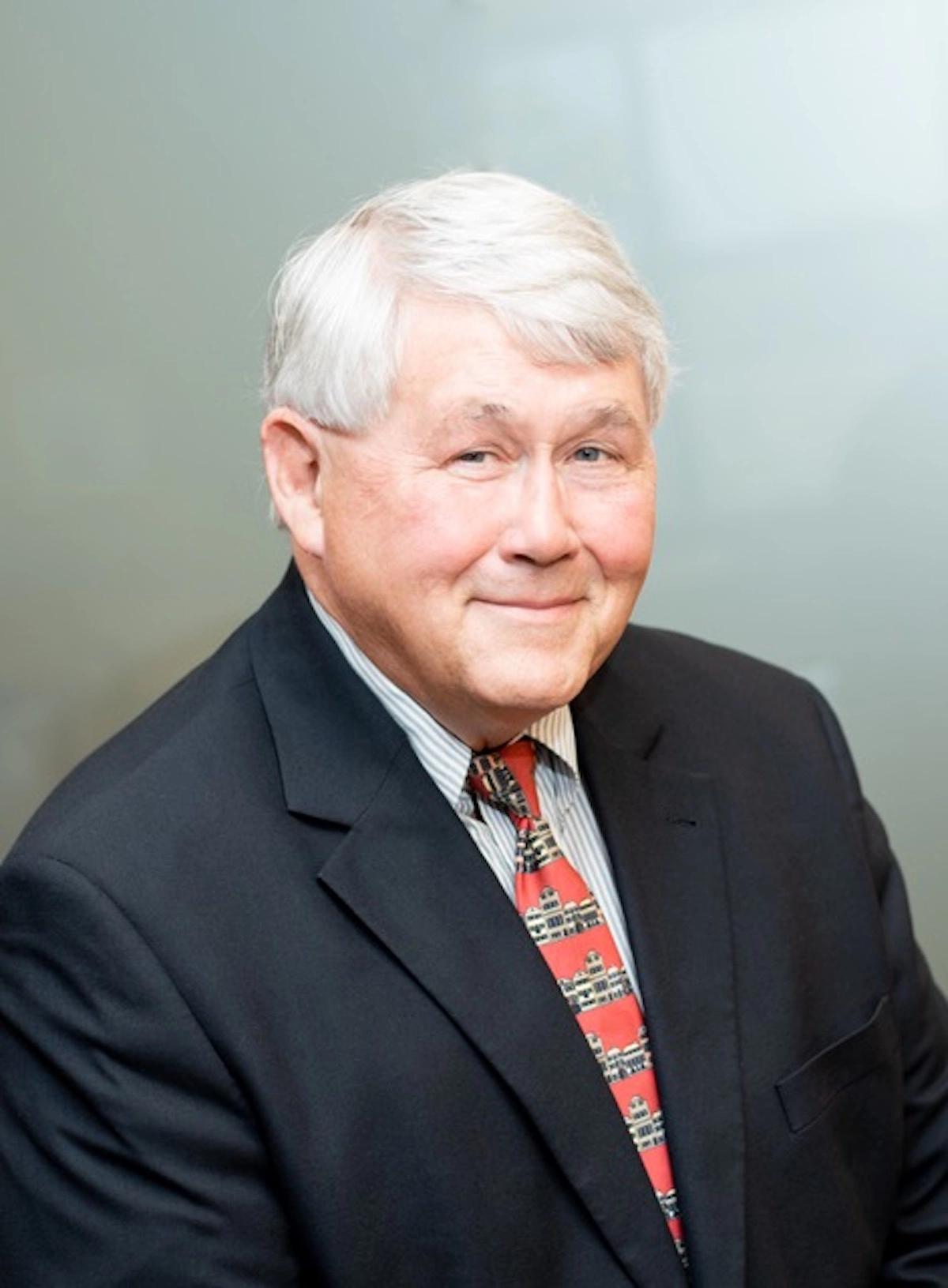By CHIP CAMPSEN
“A society is defined not only by what it creates, but also by what it refuses to destroy.”
– John Sawhill, The Nature Conservancy
I was born and raised on the Isle of Palms. In the 1970s, I would camp and hunt on the north end of my island home — in dunes that were really wild. My brother and I spent weekends in Price’s Inlet, eating only what we caught and encountering nary a soul.
Mt. Pleasant had less than 7,000 people. We hunted, camped and fished the Cainhoy Peninsula and ACE Basin, largely untouched by man. Boone Hall Plantation was in the boonies.
Today the north end of the Isle of Palms is Wild Dunes, the community. You can virtually walk across the boats crowding Price’s Inlet on a summer weekend.
Mt. Pleasant is one of the fastest growing municipalities in the nation with 90,000 people. The Cainhoy Peninsula is unrecognizable. Mt. Pleasant has enveloped Boone Hall.
The threat this exponential growth presents to our natural resources and quality of life is why I authored the S.C. Conservation Bank Act. I wanted to assure future generations they could “spend time hugging mother nature,” as my father often encouraged.
I wanted to address this threat through an incentive-based approach to conservation that is respectful of property rights. I wanted to accomplish conservation by negotiation and compensation, not regulation.
The Conservation Bank does just that. It establishes a mechanism to fund conservation through a competitive grant process. It funds government agencies to purchase fee simple title, and land trusts to purchase conservation easements.
A conservation easement is a legal document whereby property owners sell or gift development rights to a nonprofit land trust in perpetuity. The land trust enforces the terms of the easement.
But each grant requires leverage. Every dollar granted must produce multiple dollars worth of conservation.
This incentive-based approach of conservation by negotiation has empowered the Conservation Bank to protect 310,000 acres in 15 years — at a bargain rate of $500 per acre. It has funded almost 82,000 acres of public parks and wildlife management areas, and 228,000 acres of private land protected in perpetuity with conservation easements.
Recently, it was announced the S.C. Conservation Bank, in conjunction with the Charleston County Greenbelt Program, funded a conservation easement on historic Boone Hall Plantation. It will be enforced by the Lowcountry Land Trust. Boone Hall owner Willie McRae granted the conservation easement.
The Charleston County Greenbelt Program was modeled after the Conservation Bank upon my suggestion. In the case of Boone Hall, the two programs funded approximately 25 percent of the easement value. Mr. McRae graciously donated the remaining 75 percent.
The Conservation Bank has likewise protected other iconic Lowcountry properties such as Morris Island, Fort Pemberton and Angel Oak in Charleston County; Lemon Island and Chisolm Plantation in Beaufort County; Bay Creek Park on Edisto Beach; and more than 11,000 acres in Colleton County.
This collaborative approach to conservation can accomplish conservation on an ecosystem scale. Boone Hall is a prime example. The easement permits no more than seven new homes on 598 acres. Such a restriction could not be imposed by law. It would be an unconstitutional taking of private property.
But this degree of restriction is regularly accomplished through voluntary conservation easements. It is how we have conserved 300,000 acres in the ACE Basin, and much of the Santee Delta.
McRae, the Conservation Bank, Greenbelt Program and Lowcountry Land Trust have added Boone Hall to those iconic places we, in John Sawhill’s words, have “refused to destroy.” The Lowcountry owes him a great debt of gratitude, as do generations yet unborn.
Senator Chip Campsen (District 43) represents Charleston, Beaufort and Colleton Counties in the S.C. Senate.





